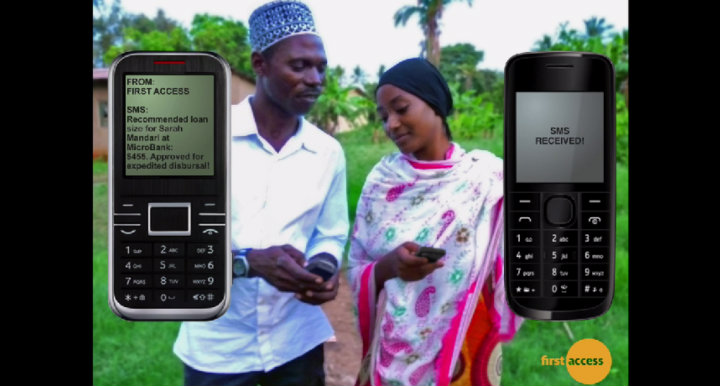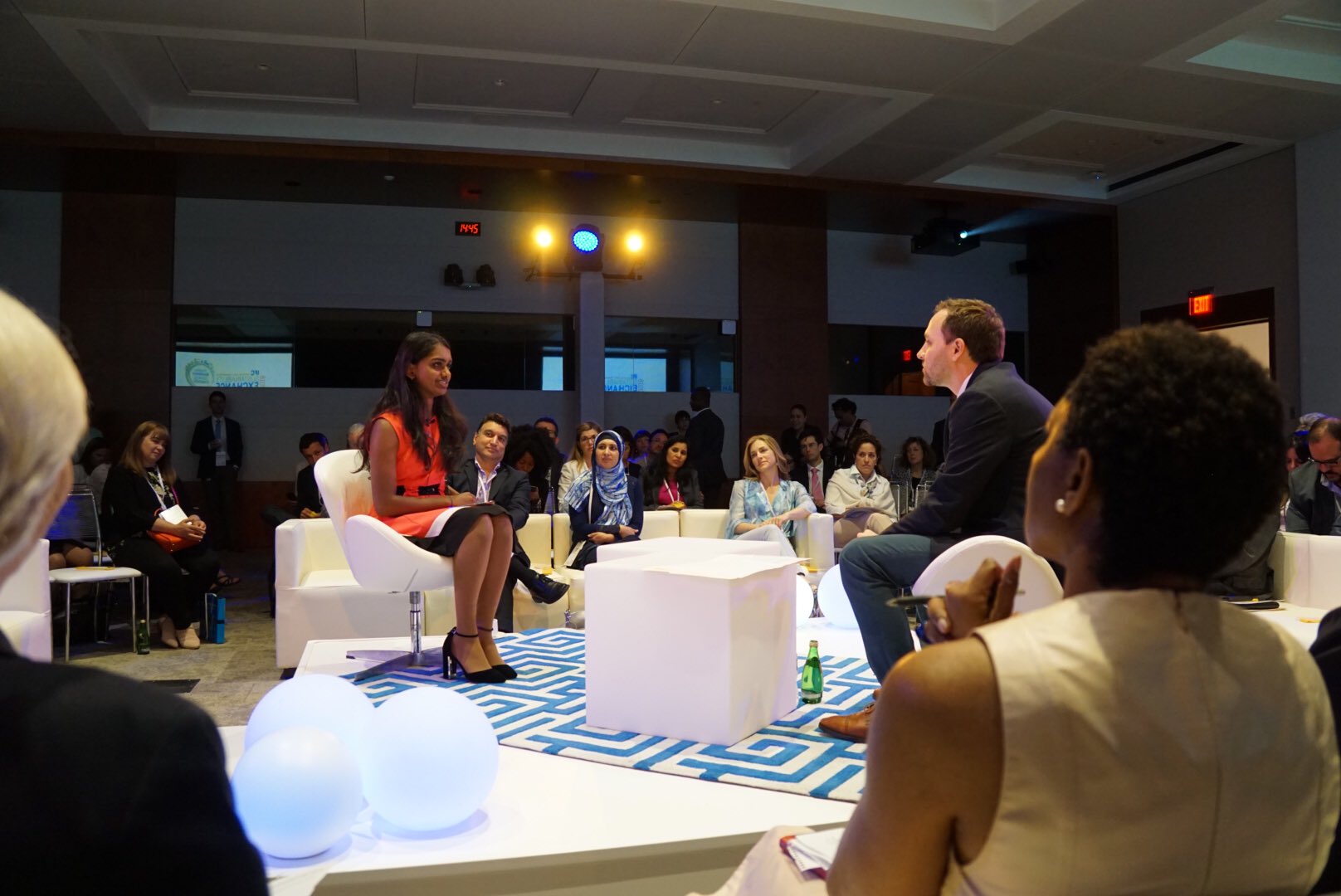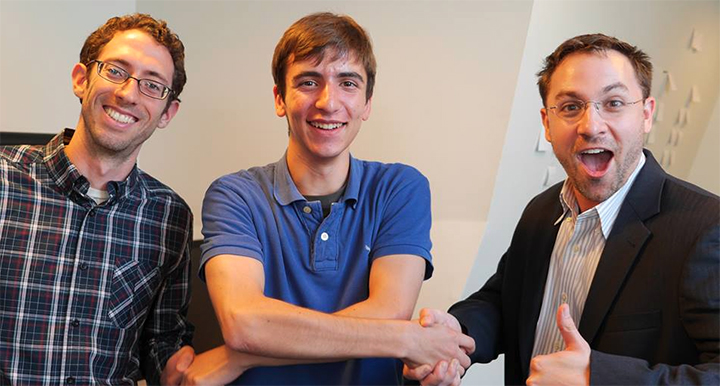Photo credit: First Access
In the fight against poverty, microcredit has been hailed as one of the most successful tools invented to help enterprising men and women build wealth in the developing world. Access to small loans has certainly been a game changer for many low-income individuals. I have seen microcredit make a positive impact on real people through my work at TechnoServe, a non-profit committed to applying business solutions to alleviate poverty. In fact, many development organizations are dedicated to similar business-centric initiatives, helping entrepreneurs build successful businesses by connecting them with capital, networks, and skills training. This work is vital to reducing poverty, but these organizations do not have the capacity to help everyone in need. There are still 2.5 billion men and women around the world without basic financial services.
During a recent course I took with TechChange on Mobiles for International Development, I was very impressed by First Access, an SMS-based loan assessment tool. This technology has the potential to give the 2.5 billion adults without a formal bank account an instant credit history. With a credit history, these individuals would have the ability to take out a loan. First Access uses pre-paid mobile phone data to assess credit risk and deliver a loan recommendation via SMS to potential borrowers in just a few seconds. Instead of sending a financial representative to a potential borrower’s house to assess risk, the loan representative could simply send an SMS.
This technology is impressive because it uses already existing financial and demographic data registered with telecommunications companies to determine loan eligibility. It is a more objective, standardized system, unlike the current loan assessment technique in many developing nations, which can be based on the materials used to construct your house or the opinions of your neighbors. First Access benefits all parties, particularly financial institutions by saving them time and money cutting down on the cumbersome loan assessment process, as well as phone companies through increased data usage and customer loyalty.
By using the already aggregated data for the 6.3 billion active mobile subscriptions around the world, First Access is, in many ways, simply acting as a liaison between different parties. To make the technology successful, strong partnerships with financial institutions and telecommunications companies need to be established. The alignment of interests will be a huge obstacle in many markets. First Access has the most potential for success in Africa, as many African countries are already using mobile money programs, which should make borrowers less reluctant to adopt the technology. However, First Access could be dangerous in countries where political, religious, or ethnic tensions are prevalent, as the assessment process might be forced to deny some applicants and grant loans to others.
Financial institutions bear the biggest risk in using this new technology to assess credit eligibility. First Access is unclear about how the assessment process determines the loan award, simply stating it is based on demographic, geographic, financial, and social information. It seems borrowers could manipulate the process by artificially inflating their social networks or using someone else’s address. The potential for a mobile phone black-market is even more of risk. A strong mobile device fraud-assessment would need to be built into the financial assessment process. This could easily be negotiated with the telecommunications companies to help increase legitimate phone sales, as well as lowering the risk for financial institutions.
First Access could potentially connect over half of the world’s population to microcredit services through its convenient loan assessment process. It’s quick, easy to use, and it doesn’t require excessive outside intervention, or hands on training. For the first time, these billions of unbanked men and women would be given the opportunity to start a business with the click of a button. This technology is empowering people by giving financial institutions objective, standardized data. No longer will people be judged by the material of their roof, but the data stored by their phones.
Tessa Ruddy is a first-year graduate student at the Elliott School of International Affairs at the George Washington University. She is studying international development and conflict resolution and recently took TechChange’s Mobiles for International Development course. She is passionate about the impact of development work in pre and post conflict communities, particularly the use of SMS-based technology to connect people with financial services.




